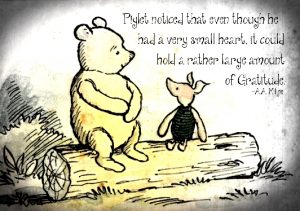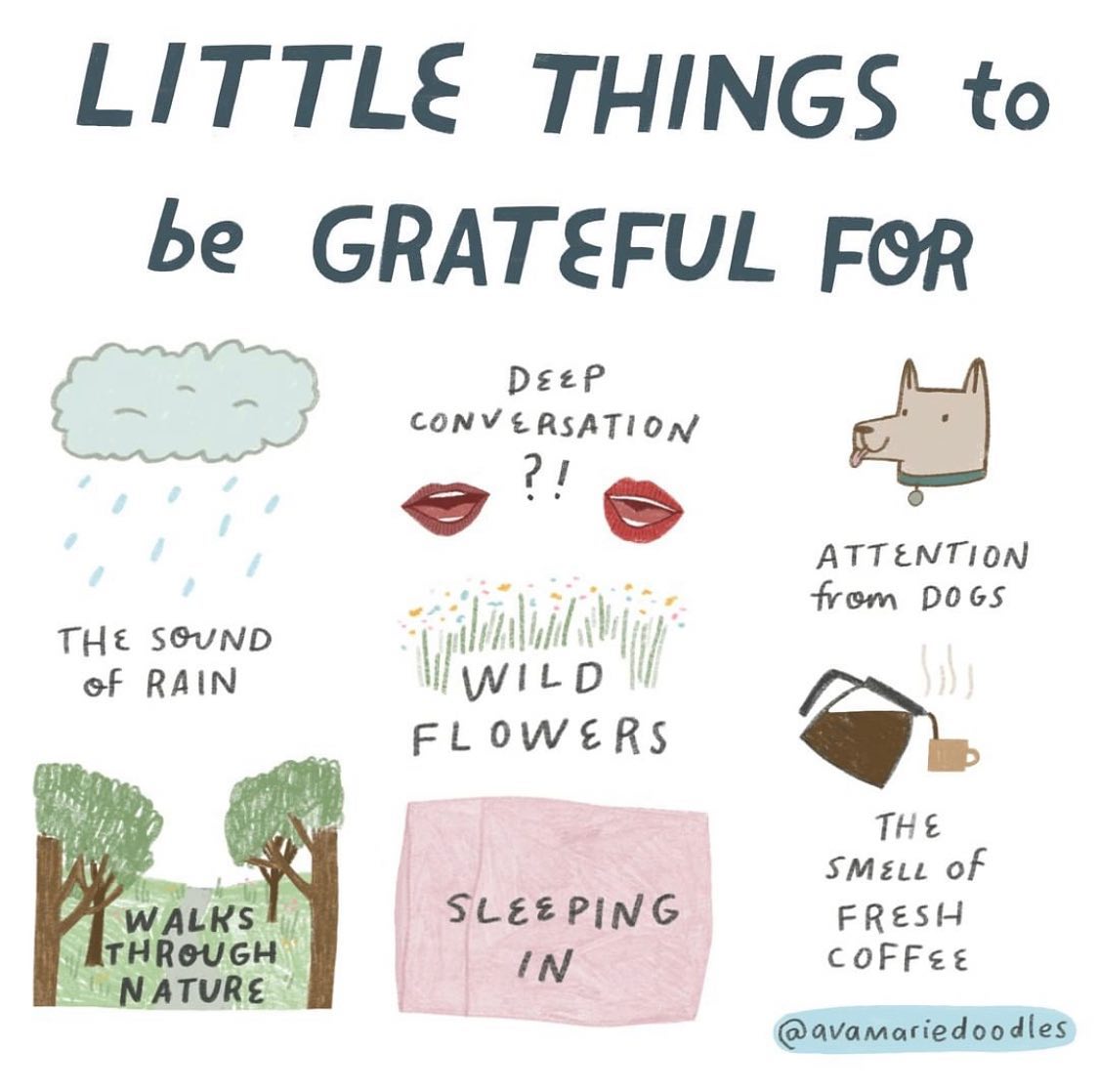
Philosopher David Hume (1739) wrote, “Of all crimes that human creatures are capable of committing, the most horrid and unnatural is ingratitude
Research on Gratitude and its impact on overall well being
There has been a debate since the time of Socrates that grateful people are happy or happy people are grateful that is end list. However various reports have shown that gratitude is good for mental and physical health.
In 2015 Mills in his studies has shown that gratitude certain lowers down blood pressure, decreases stress, and improves sleep. Even studies supports that regular practice of gratitude can lessen symptoms of depression and anxiety.
Activity: Gratitude Jar

The gratitude jar is a stunningly simple exercise that can have profound effects on your well-being and outlook.
Material
- a jar or a box and things to decorate it.
- paper and a pen or pencil for writing
- and gratitude *
- Step 1: Find a jar or box.
- Step 2: Decorate the jar as you wish
- Step 3:This is the most important step, which will be repeated every day.
- Think of at least three things throughout your day that you are grateful for.
- Example: It can be something as simple as enjoying today’s coffee at your favorite place, or as grand as the getting love of your life.
- Do this every day, write down what you are grateful for on little slips of paper and fill the jar.
- Over time, you will find that you have a jar full of a myriad of reasons to be thankful for what you have and enjoy the life you are living. It also will cultivate a practice of expressing thanks.
- If you are ever feeling especially down and need a quick pick-me-up, take a few notes out of the jar to remind yourself of who, and what, is good in your life.
The activity gratitude does four things:

- Gratitude disconnects us from toxic, negative emotions and this thought and feeling stays with the person for a long time. Hence ‘Gratitude Jar’ which is a journalizing exercise, “shifts our attention” and focus our attention on positive emotions.
- We’re happier and more satisfied with life because we completed the exercise. Expressing gratitude helps us though we don’t explicitly share it with someone.
- One might not be able to view the benefit in one day, one week or even a month. However the positive effects of gratitude are like the compound interest.
- Moreover gratitude practice trains the brain to be more in tune with experiencing gratitude. This exercise generates positive emotions which stay as a feeling of satisfaction for a long time within us.
A preeminent scholar Robert Emmons (2010), makes the argument that gratitude allows a person to:
- celebrate the present
- block toxic emotions (envy, resentment, regret, depression)
- be more stress-resilient, and
- strengthen social ties and self-worth.
The researchers analyzed their findings to figure out how gratitude has these effects. Gratitude research is on-going by experts worldwide.
When gratitude fails

Though it’s very easy to practice gratitude however there is a barrier which could block our overall well-being i.e. ‘Ingratitude’. Emmons (2013) offers the following characteristics of ingratitude:
- excessive sense of self-importance
- arrogance
- vanity
- unquenchable need for admiration and approval
- sense of entitlement
Gratitude among children

In 2008 Hussong shared the study of development of gratitude among children focusing on the complexity of construction of gratitude.
Children often learn manners and social conformity from their parents and society. Inherently, children are more apt to express gratitude without even prompting, which is shared in the research. So it’s confirmed that gratitude is a trait which grows like any other cognitive components. We learn the ‘how’ as we develop but knowing that appreciation for one another may be instinctual is fascinating.
It is essential to teach the trait of gratitude in children however there is a need of awareness to do so. Powerful interventions are immensely needed to integrate the behaviors of gratitude among children. The more choices one has to practice gratitude, the more likely they are to make that choice to continue mining for appreciation.
Gratitude @ workplace

Researcher Amie Gordon (2019) identified four myths about being grateful at work through scientific inquiry. The myths and truths are:
- Myth #1: It’s forced.
Truth: Participants assigned to “be more grateful” are more satisfied, healthier, and happier. People enjoy gratitude interventions even when told to practice it. - Myth #2: It’s fake.
Truth: Expressing gratitude when it is felt matters. Being specific about what one is grateful for heightens the experience for both people. - Myth #3: It’s fluffy.
Truth: Gratitude is about feeling valued by others and seeing value in others. The majority of employees will leave if they do not feel appreciated and recognized. - Myth #4: It undermines authority.
Truth: Grateful leaders inspire trust. They are perceived as having more integrity.
It is also essential for adults to understand that satisfaction with life can exist without the effective state of gratitude as well, but typically, this occurs when a successful person has no concept of that success being attributed to anything external. So the higher the level of the experience of gratitude as an emotion, will reflect on higher levels of positive affect.
Positive Psychology Coaching

It is substantiated by enough research reports that regardless of who you are, or the circumstances of your life, the health benefits of gratitude are undeniable. However just take some time to ask yourselves what activities do you commit to implement these subtle emotions in our hectic lifestyle to realize the health benefits of gratitude?
Merely stating ‘thank you’ is not enough to practice connective gratitude for achieving the state that improves well-being rather it’s important to understand the awe and its contribution to our physical and mental well being.
Now let’s understand when we decide to join a fitness program we start with a baseline in mind. When beginning an exercise routine, one might want a baseline from which to start their fitness improvement.
Similarly beginning a well being plan should be no different. Gratitude is an emotion and knowing one’s current level of gratitude gives this same type of baseline from which to strive for improvement. Positive psychology can measure to understand the level of this positive emotion in various situations in our life.

As a Positive Psychology coach we have designed coaching programs ‘(Re) Discover Your Purpose, to increase the level of mental well being through a systematic and scientific based model of PERMA (the parameters of well being). This program will make gratitude a lifestyle, and will build the mental muscles that show up as positive emotions. Additionally, It’s essential for our children to get empowered through such intervention because measuring gratitude shows a sort of moral barometer.
In other words, people who can feel gratitude regularly are more satisfied with their lives. Connect with us to enjoy the coaching program ‘(Re) Discover Your Purpose.